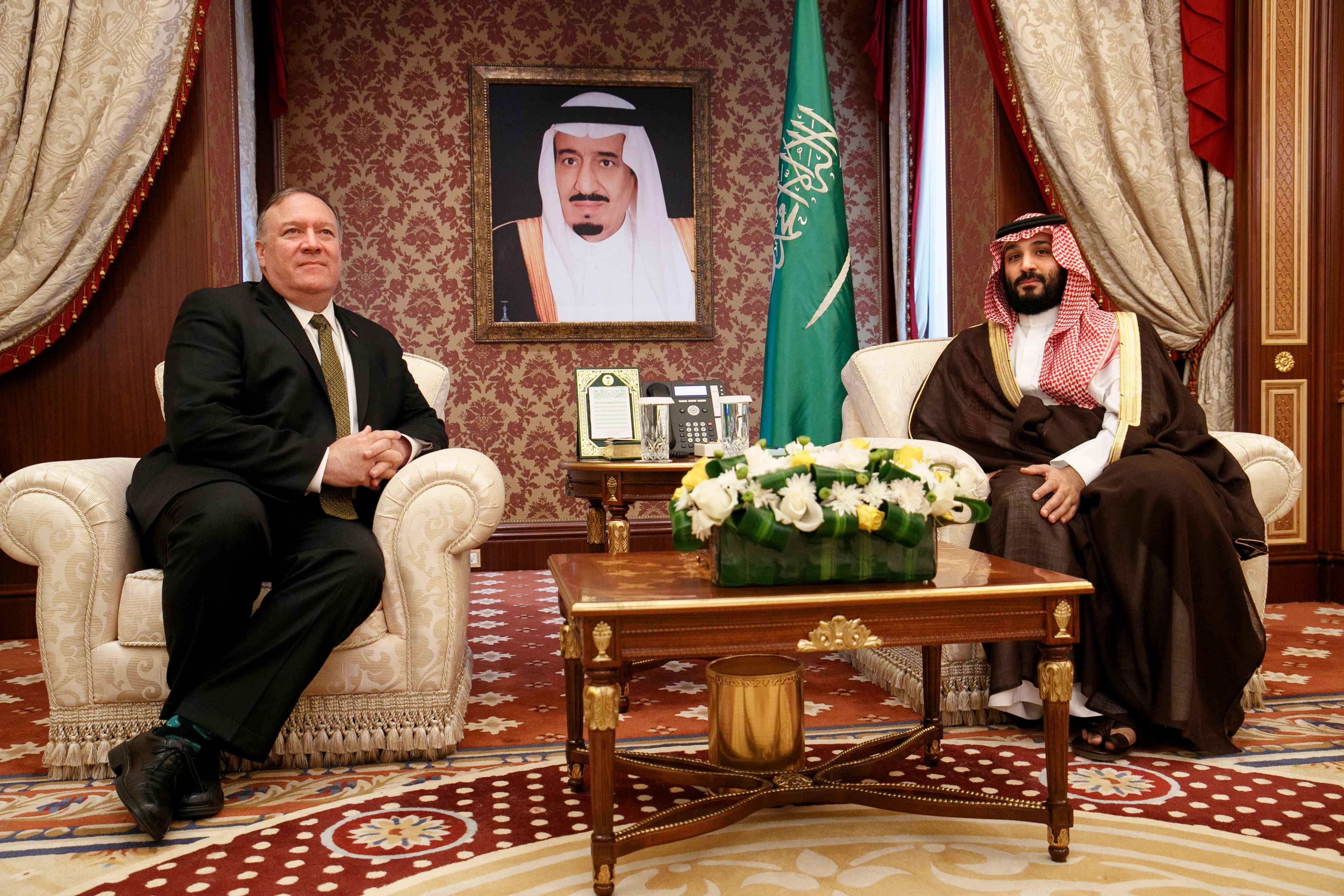
- 06 May 2020
[Political Economy] Book Discussion on Iran and Saudi Arabia: Taming a Chaotic Conflict
Abstract
Hostile relations between Iran and Saudi Arabia play a key role in the political instability plaguing the Middle East. The book argues that in contrast to the conventional wisdom that the rift is primordial and inevitable, driven by sectarian tension, rapprochement between Riyadh and Tehran is possible and it sets out a realistic agenda on how to achieve it. The book takes a critical but constructive approach to how the two countries can reform their conflict strategies and manage, contain and resolve their conflict. Dr Ibrahim Fraihat interviewed over 60 scholars, policymakers, think-tank experts and activists to gain a clear, all-round view of Iran–Saudi rivalry since the invasion of Iraq by US troops in 2003. His research shows that effective peace building could be achievable if the participating countries integrated their diplomatic efforts on three levels: government, Track Two and grassroots. The result is a fresh perspective on a dangerous and unpredictable rift that affects not only its primary parties — Iran and Saudi Arabia — but also the future of the wider Middle East. The book offers new ideas that could stimulate academic and policy debate on the future developments of the conflict.
Join us for this public talk, which will be conducted online via Zoom. All are welcome to participate. An e-invite will be sent to you nearing the event date.
This event is free, however, registration is compulsory. Please click here to register.
Image Caption: Seated under a portrait of the Saudi monarch, US Secretary of State Mike Pompeo (L) meets with Saudi Arabia’s Crown Prince Mohammed bin Salman at Al Salam Palace in the Red Sea port of Jeddah on June 24, 2019. Pompeo arrived Monday in Saudi Arabia for talks on coordinating with the close ally amid mounting tensions with Iran.
Photo: Jacquelyn Martin / POOL / AFP.
Listen to the full event here:
Watch the full event here:
About the Speakers

International Conflict
Resolution Professor
Doha Institute for Graduate Studies and
Georgetown University
Dr Fraihat is an international conflict resolution professor at the Doha Institute for Graduate Studies and Georgetown University. He previously served as a senior foreign policy fellow at the Brookings Institution, and taught international conflict resolution at George Washington University and George Mason University. His latest book is Unfinished Revolutions: Yemen, Libya, and Tunisia after the Arab Spring (Yale University Press, 2016).
Dr Fraihat has published extensively on Middle Eastern politics, with articles appearing in The New York Times, Los Angeles Times, Financial Times, Christian Science Monitor, Foreign Affairs, Foreign Policy, Alhayat, on the CNN and Al Jazeera websites, and elsewhere. He received a doctorate in conflict analysis and resolution from George Mason University in 2006. He is the recipient of George Mason University’s Distinguished Alumni Award (2014) for his achievements in the field of conflict resolution.
He consulted for international organisations on subjects of his research interest such as conflict resolution and post-conflict reconstruction in the Arab world, with a particular emphasis on conflict management and mediation, transitions, national reconciliation, national dialogue, and institutional reform.
Selected publications by Dr Fraihat include: “Preventing a New Displacement for the Palestinian Double Refugees?” in Harvard Journal of Middle Eastern Politics and Policy; “Keeping Iran and Saudi Arabia from War: Getting Riyadh and Tehran to Talk” in Foreign Affairs; “For the Sake of Peace or Justice? Truth, Accountability, and Amnesty in the Middle East ” in Transitional Justice in the Middle East, University of Oxford Press/Hurst; “Can the Organization of Islamic Cooperation (OIC) Resolve Conflicts?” in Conflict and Peace Studies; and “International Intervention, Justice and Accountability in Yemen” in European Council on Foreign Relations.




